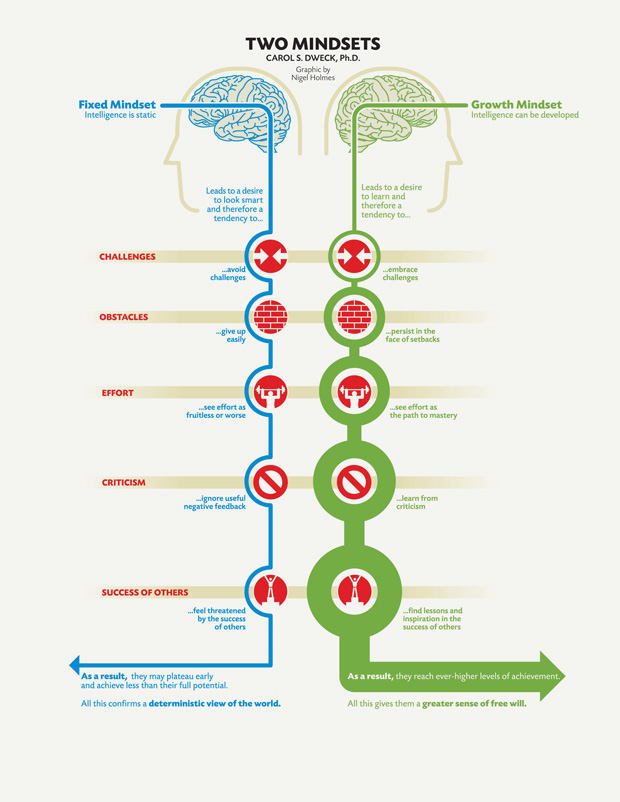 |
| Image generated on www.keepcalm-o-matic.co.uk |
In terms of popular culture being Divergent relates to a dystopian book series by Veronica Roth. If you're not aware of the plot here's a taste...
"In a post-apocalyptic Chicago, survivors divide into five factions based on their dispositions: Abnegation, for the selfless; Amity, for the peaceful; Candor, for the honest; Dauntless, for the brave; and Erudite, for the intellectual. Each year, all sixteen-year-olds must take an aptitude test that describes the one faction for which they are best suited. After receiving the results, they can decide whether to remain with their family's faction or transfer to a new faction. Those who do not complete initiation into their new faction become "Factionless", and are forced to live in poverty on the streets of the city." (Wikipedia, 2014)
Divergence is a real thing and it is an integral part of creativity. Divergent thinking is defined as “the kind that goes off in different directions”(Guilford, 1959, p.381 as cited in Jauk et.al., 2013). In other words the ability to "think outside the box". As a Teacher-librarian my major daily goal is to help stimulate thought in my students and encourage divergent thinking. Many social studies have been preformed on the link between creativity and intelligence and the trying to detect the degree of correlation between the two variables.
 |
| source: http://www.brainpickings.org/ |
This link has been observed as strong, to a certain point, in many of the studies on the subject. Some researchers have found that the higher an individuals' creativity potential is the higher their IQ score is likely to be. This correlation 'breaks' at an IQ score of around 120 points and the link is not observed above it. (for more information check out Jauk et al.'s study referred below)
Well what does that mean? As I'm sure you've observed throughout life looking at the people around you, not all 'smart' people are creative. These are people we may call 'book' smart, where they learn what they're taught and don't seem to have the ability to diverge from that "Fixed" mindset (see Dr. Carol Dweck's theory to the right). And then on the other side of the coin we have our 'street' smart bunch who are able to take that 'box' and not only think outside it but probably pull some MacGyver maneuvers and fashion it into a piece of furniture or a helicopter. "Growth" mindset allows people to improve, build upon and remix the world.
In an Educational context Sir Ken Robinson gets straight to the point, his epic RSA Edge lecture from 2010 still does the rounds through teaching communities and will continue for quite some time... until we get it right. Changing Educational Paradigms, as animated below by TheRSA.org, tells us what a lot of us know but don't know how to change. Maybe we just need to summon our own Divergence to buck the system and effect change. The parallels between the classic education system and the various 'oppressors' or 'Big Brother' corporations depicted in Dystopian fiction like Roth's Divergent are many... maybe that is why our students immerse themselves so readily in this form of Popular culture. The strong protagonist resists the oppressor's pressure to conform and instead uses their divergent ability to effect change in their world... the kids rule the school, what an appealing vision.
RSA Edge Lecture with Sir Ken Robinson - Changing Paradigms
- References
- Jauk, E., Benedek, M., Dunst, B., & Neubauer, A. C. (2013). The relationship between intelligence and creativity: New support for the threshold hypothesis by means of empirical breakpoint detection. Intelligence, 41(4), 212-221. doi:10.1016/j.intell.2013.03.003
- Robinson, K. (2010). RSA Animate - Changing Education Paradigms [YouTube video]. Retrieved from https://www.youtube.com/watch?v=zDZFcDGpL4U
No comments:
Post a Comment
Need to add an image? Use this code [img]http://1.bp.blogspot.com/-vMv-xNT7UIM/VEi3EdMMsTI/AAAAAAAAA20/mFBVIMqoQ6k/s200/Screen%2BShot%2B2014-10-23%2Bat%2B7.04.06%2BPM.png[/img]